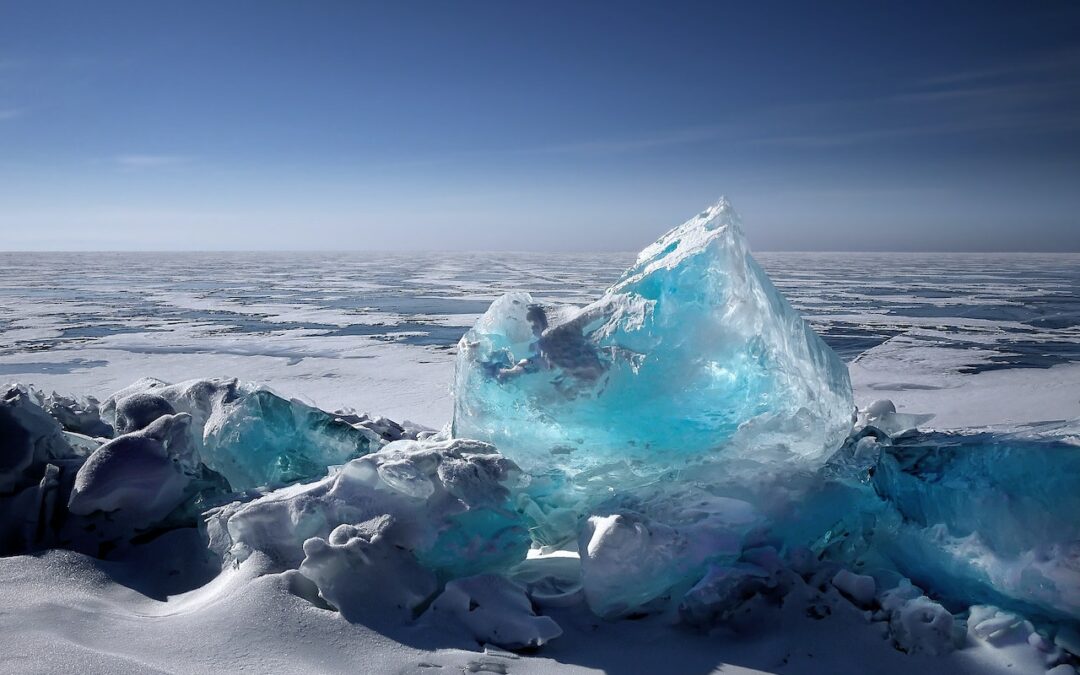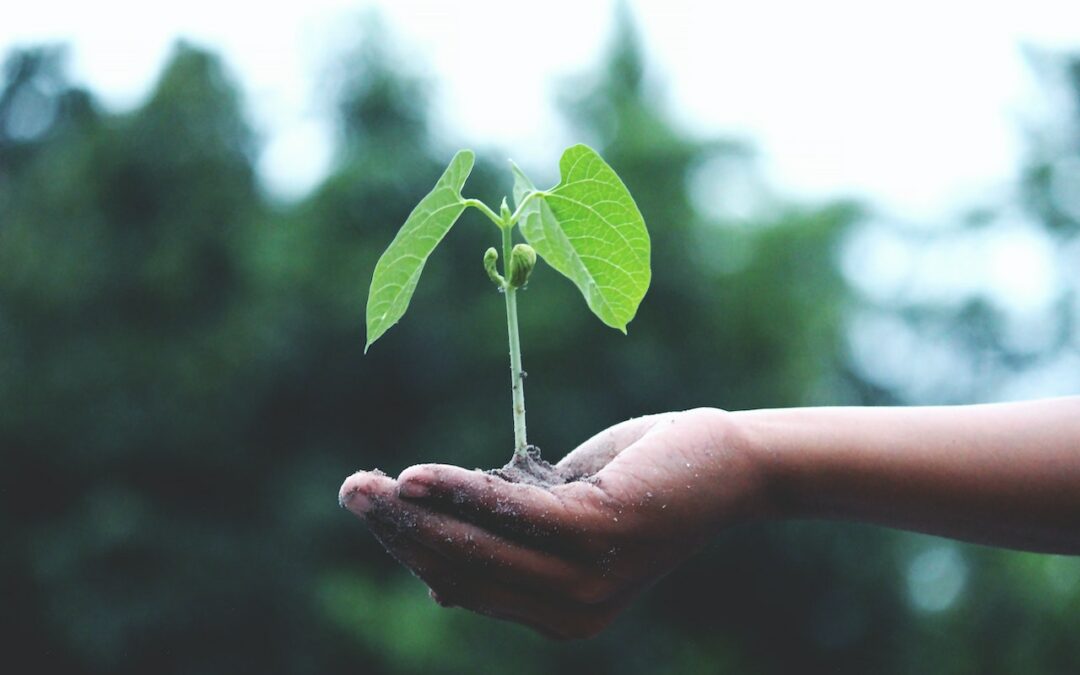


Climate Resilient Water Management – A Systems Change Approach
Climate Resilient Water Management – A Systems Change Approach
Teaser Text
USAID’s Pakistan Mission developed a new theory of change that integrates trust, reciprocity, and respect for informal institutions with market mechanisms, to be implemented at the local level
jschoshinski
Tue, 08/06/2024 – 15:28
Sectors
Water and Sanitation
Country
Pakistan
Region
Middle East & North Africa
Hide Sidebar
Off

Italy turns to infrastructure amid drought to protect its blue gold
This post was originally published on We Build ValueL’articolo Italy turns to infrastructure amid drought to protect its blue gold proviene da We Build...
Sustainable vision for LA28 Games
The LA28 Olympic and Paralympic Games has enlisted software multinational Autodesk as its ‘Official Design and Make Platform’. In this capacity, Autodesk, which specialises in software for designers, engineers and builders, will support LA28’s more than $1 billion temporary overlay and construction plan, incorporating sustainable design principles.
Central to the plan is the intention not to construct any new permanent venues. Instead, LA28 is committed to adapting existing or building temporary infrastructure.
“At Autodesk, we believe the most sustainable building is the one already built. That’s why we’re excited by LA28’s ambitious plan to retrofit existing structures to ensure sustainability is at the forefront of the LA28 Games venue plan,” said Amy Bunszel, Executive Vice President, Architecture, Engineering and Construction Solutions at Autodesk.
“Over the next four years, our software will help set a new standard for creating a sporting event that intentionally designs, builds, repurposes and reuses existing venues.”
Autodesk software will guide the retrofitting of the 40+ competition and major non-competition venues across Southern California that will make up the LA28 Games’ footprint — including the LA Memorial Coliseum. The company said its technology would help to shorten timelines, cut costs and incorporate sustainable design principles across the project.
Over the next four years, LA28 will use the software, including Autodesk Construction Cloud, as a central tool to facilitate better collaboration with thousands of critical stakeholders on the design, development and ultimate delivery of the venues.
“Autodesk’s software is a part of our LA28 story: the behind-the-scenes technology that brings our vision of the LA28 Games to life,” said Casey Wasserman, LA28 Chairperson.
“Together, we will develop the right plan to support 12–15 million ticketed fans over such a short period of time. We are honoured to have Autodesk on board for the next four years as we embark on our shared commitment in innovative design that can serve as a precedent for many Games to come,” Wasserman said.
Beyond the construction itself, LA28 has committed to making a positive and lasting impact on the city and communities of Los Angeles, and it will use Autodesk’s cross-industry expertise and relationships to help achieve this aim.
In addition to the circular and low-carbon building design ethos, Autodesk will support LA28’s collaboration with key public transportation agencies over the next four years to keep LA residents, workers, businesses and more moving reliably throughout the region. This includes the use of Autodesk software to aid in the design of key Games-related transportation elements and traffic control plans.
Image caption: Still from Autodesk’s LA28 promotional video. Image courtesy of Autodesk.

